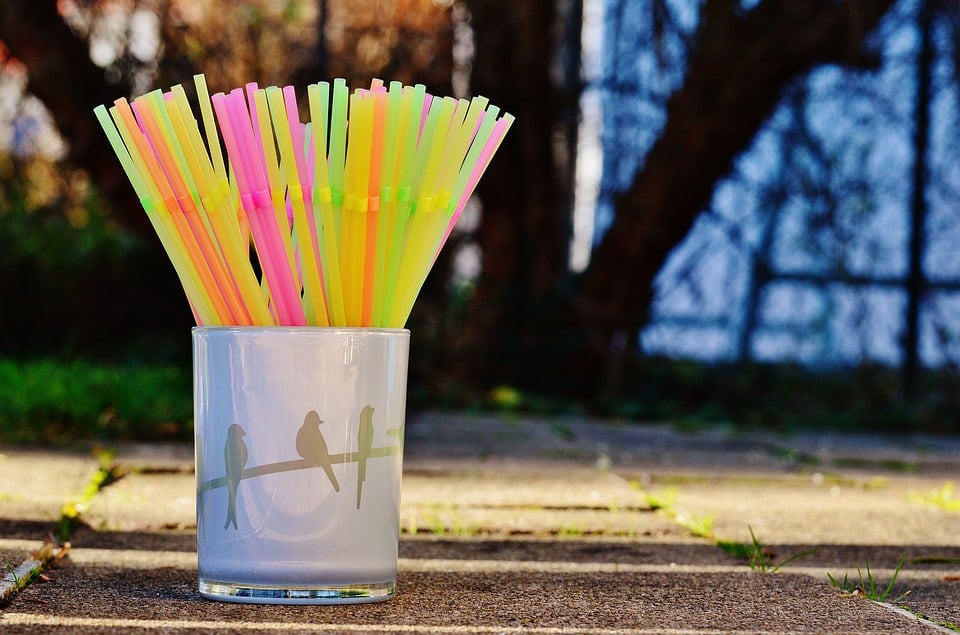The north’s first single-use plastic regulation came into force on Tuesday, with the aim of reducing the amount of plastic waste produced.
According to the new law, it is now forbidden to provide single-use plastic products at any point of sale without a fee, while a whole host of single-use plastic items have been banned outright.
The list of prohibited items includes plastic earbuds except for those supplied for medical use, as well as single-use plastic forks, spoons, knives, plates, cups, stirring sticks, straws, balloon stems, and takeaway meal packages made of plastic and polystyrene.
The law provides for a six-month transition period wherein companies are allowed to use their remaining stock of single-use plastic products before transferring entirely over to alternatives by 11 January next year.
However, the law has not passed without controversy. The Turkish Cypriot Chamber of Commerce has come out vehemently against the plan.
The chairman of its environmental committee Necat Yuksel said the ban is wider ranging than many seen in Europe.
“The environment is of our concern and we should all take care of it, but there is no similar application of such a law anywhere in Europe. For example, restaurants, patisseries, bakeries, takeaways, delicatessens, bars, cafes, restaurants, and even hotels all use the banned products. Have alternative products been found? How healthy and hygienic are they? All of this should have been discussed,” he said.
He went on to say that no preparation has been made to find alternatives to the now banned single-use plastic products and that therefore nobody knows how much it will cost. He said that if they are more expensive, companies will have to pass the cost onto the consumer.
He also said that the north’s ‘government’ may have trouble persuading international chains such as Gloria Jeans and EspressoLab to comply with their regulations, and also criticised the timing of the implementation of the ban.
“We are now in the summer season, such a law should not begin to be applied during the peak period. What will cafes and hotels do now? The whole thing will grind to a halt,” he said.
In addition, he criticised the “short” transition period, saying that other countries have implemented transition periods of two, five, or even eight years. He said that companies may have as much as a year’s worth of stock on their hands, and that they may have also made orders to Turkey.
The north’s environmental protection department director Abdullah Aktolgali was quick to pour scorn on Yuksel’s statements.
“We know that there are alternatives to all the products. Yes, one may cost 3TL and the other 10TL, a little more expensive, but doesn’t the environment, pollution, or cancer have a cost?.
He also said that it defies logic for businesses to import products which pollute Cyprus’ environment, and that as a result of the new law, Cyprus’ environment will be cleaner within a year.







Click here to change your cookie preferences